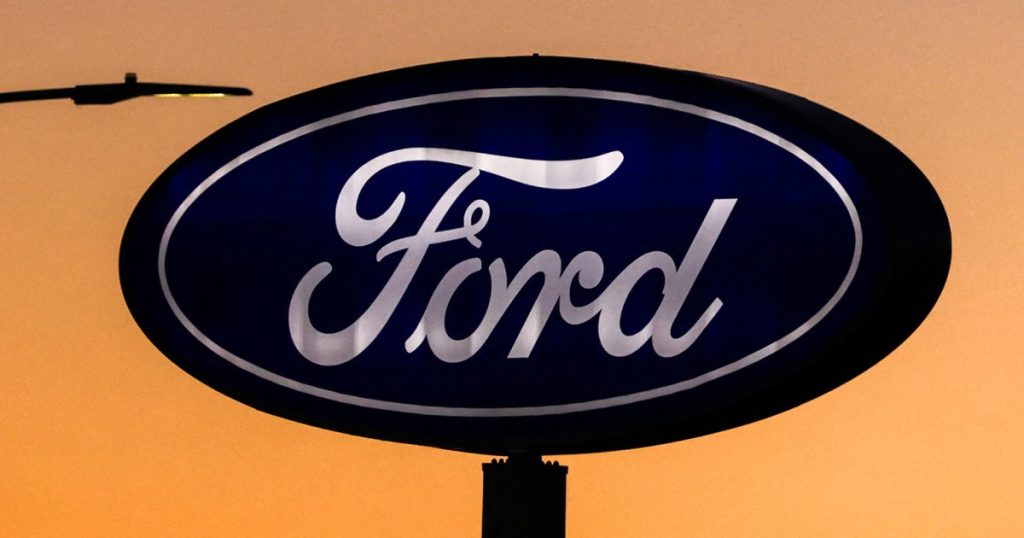Ford Motor, in a letter to employees, has announced that it will be scaling back its diversity, equity, and inclusion (DEI) initiatives in response to the changing political and social environment. The company stated that it will no longer have hiring quotas for minority dealerships or suppliers and will cease participating in the Human Rights Campaign’s Corporate Equality Index. This decision follows similar actions taken by other companies, such as Tractor Supply and Harley Davidson, who have also ended their ties with DEI initiatives. These moves have been attributed to conservative backlash and evolving societal attitudes.
The decision by Ford to step back from its DEI commitments comes amidst growing pressure from conservative activists who have called on companies to discontinue their support for such initiatives. The activists argue that these practices could lead to legal challenges in light of recent Supreme Court rulings. Industrial and organizational psychologist Derek Avery noted that the Supreme Court decision to overturn affirmative action in colleges has emboldened conservative state attorneys general to warn corporations about potential lawsuits if they continue promoting DEI practices. These warnings have prompted companies like Ford to reevaluate their approach to diversity and inclusion.
In response to criticisms and pressure from anti-DEI activists, companies are rethinking their involvement in programs that advocate for LGBTQ+ rights and other marginalized groups. Ford’s decision to discontinue its participation in the Corporate Equality Index reflects a broader trend among businesses to distance themselves from such initiatives. The company emphasized its commitment to serving customers and communities, while also acknowledging the importance of addressing core issues when necessary. This stance highlights the balancing act that companies face when navigating political, social, and ethical considerations.
While some critics view the anti-DEI campaign as an attack on LGBTQ+ rights, activists like Robby Starbuck insist that their efforts are aimed at promoting a work environment free from divisive political or social issues. Starbuck, who has received support from groups like the Log Cabin Republicans, asserts that his campaign is not anti-LGBTQ but rather focused on advocating for a neutral workplace culture. He argues that sponsorship of pride events or similar initiatives may expose individuals, including children, to content that goes against their beliefs. This perspective underscores the complex dynamics at play in discussions around diversity, equity, and inclusion.
The shift away from DEI initiatives by companies like Ford raises important questions about the future of diversity and inclusion efforts in corporate America. As businesses grapple with competing demands and pressures, they must carefully navigate the landscape of social activism, legal considerations, and public opinion. The decision to walk back on commitments to DEI represents a broader trend in the business world, where companies are reevaluating their priorities and strategies in response to changing external factors. Moving forward, it will be crucial for organizations to strike a balance between profitability, social responsibility, and ethical concerns.
In conclusion, Ford’s decision to scale back its diversity, equity, and inclusion initiatives reflects broader trends in the corporate world around DEI practices. As companies face pressure from various stakeholders, including activists, employees, and customers, they must carefully consider the impact of their actions on marginalized communities and broader societal issues. The ongoing debate over the role of businesses in promoting diversity and inclusion highlights the complexities and challenges of addressing these issues in today’s corporate landscape. By engaging in open dialogue and seeking to understand diverse perspectives, companies like Ford can navigate these challenges while upholding their values and commitments to creating a more inclusive workplace.


